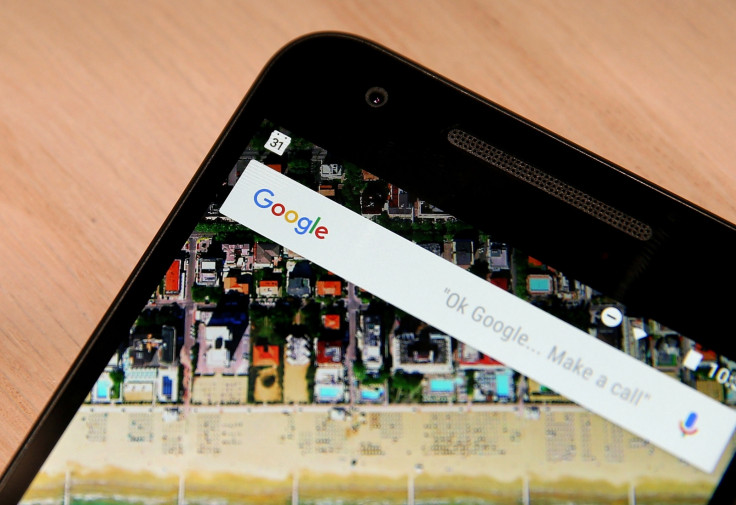Google acquires French image recognition startup Moodstocks to boost machine learning development
The acquisition comes two weeks after Twitter bought London-based Magic Pony to strengthen its own machine learning expertise.

Google has acquired Moodstocks, a Paris-based startup that specialises in smartphone image recognition as part of its continued efforts to boost its own artificial intelligence (AI) research, development and capabilities. Announced in a blog post on 6 July, Vincent Simonet, head of Google's research and development (R&D) centre in Paris, says the tech giant's latest purchase is proof of its commitment to the promising sector.
"Many Google services use machine learning to make them simpler and more useful in everyday life such as Google Translate, Smart Reply Inbox, or the Google app," Simonet wrote in French. "We have made great strides in terms of visual recognition: Now you can search in Google Pictures such as 'party' or 'beach' and the application will offer you good pictures without you needing to categorise them manually. But there is still much to do in this area. And this is where Moodstocks comes in."
Founded in 2008, Moodstocks says they have aimed to "give eyes to machines by turning cameras into smart sensors to be able to make sense of their surroundings". Known as the "Shazam for Images", the firm introduced its on-device image recognition technology in 2012 and has since been working on object recognition "using deep learning based approaches".
Following the acquisition, which is expected to be completed in the next few weeks, the Moodstocks team will join Google's R&D team in Paris where they will continue to "build great image recognition tools within Google". Moodstocks' primary image recognition API for smartphones, however, will be eventually phased out.
The terms of the deal were not disclosed in the blog post.
Google says it hopes to incorporate the Moodstocks team's image recognition software research into its own array of machine learning-based services, software and apps to improve users' experiences.
Google's latest acquisition follows a trend where major Silicon Valley are often turning to startups in the AI sector, many of which are based in Europe, to bolster their machine learning expertise.
Last month, Twitter shelled out a reported $150m (£101.7m) to buy London-based AI startup Magic Pony, which specialises in visual processing, to further its own machine learning efforts.
In 2014, Google spent an estimated $500m to buy London-based AI specialist DeepMind, the developer behind the AlphaGo program that beat Korean grandmaster Lee Se-dol earlier this year. Google's DeepMind is now working on using machine learning to help detect eye diseases and prevent blindness.
In April, Amazon acquired California-based AI startup Orbeus, which also focuses on image recognition technology.
© Copyright IBTimes 2024. All rights reserved.








